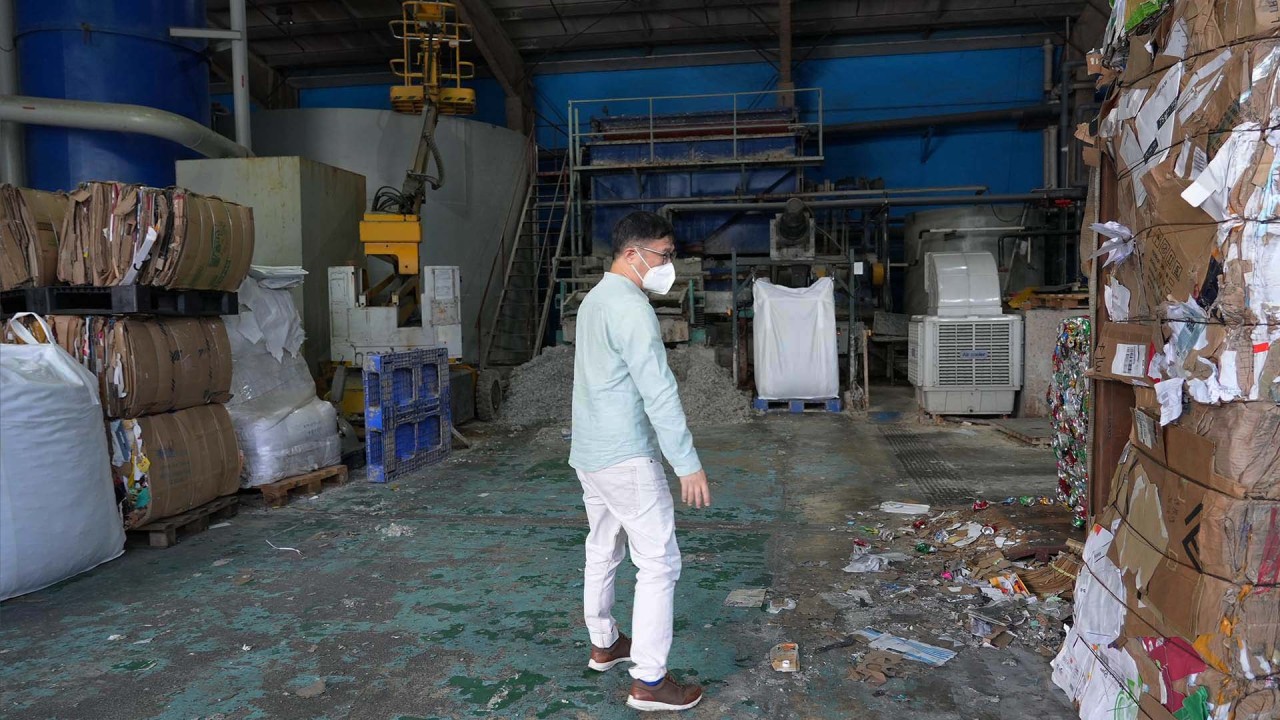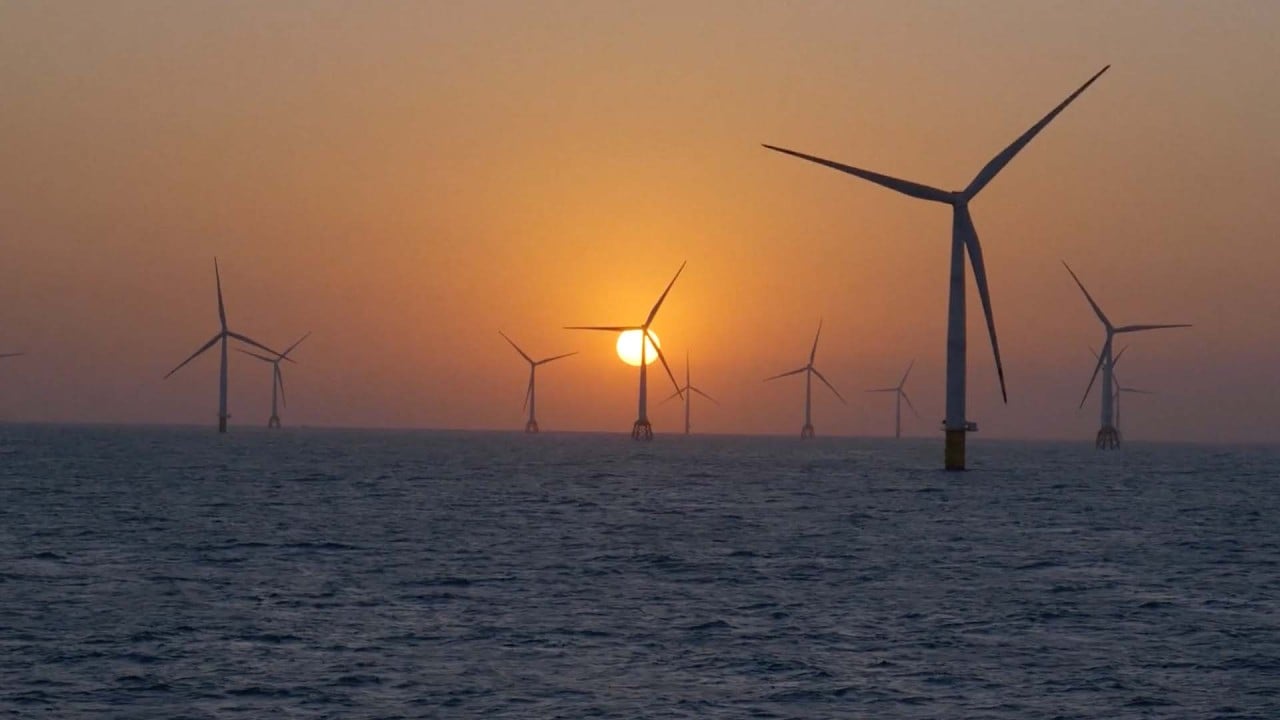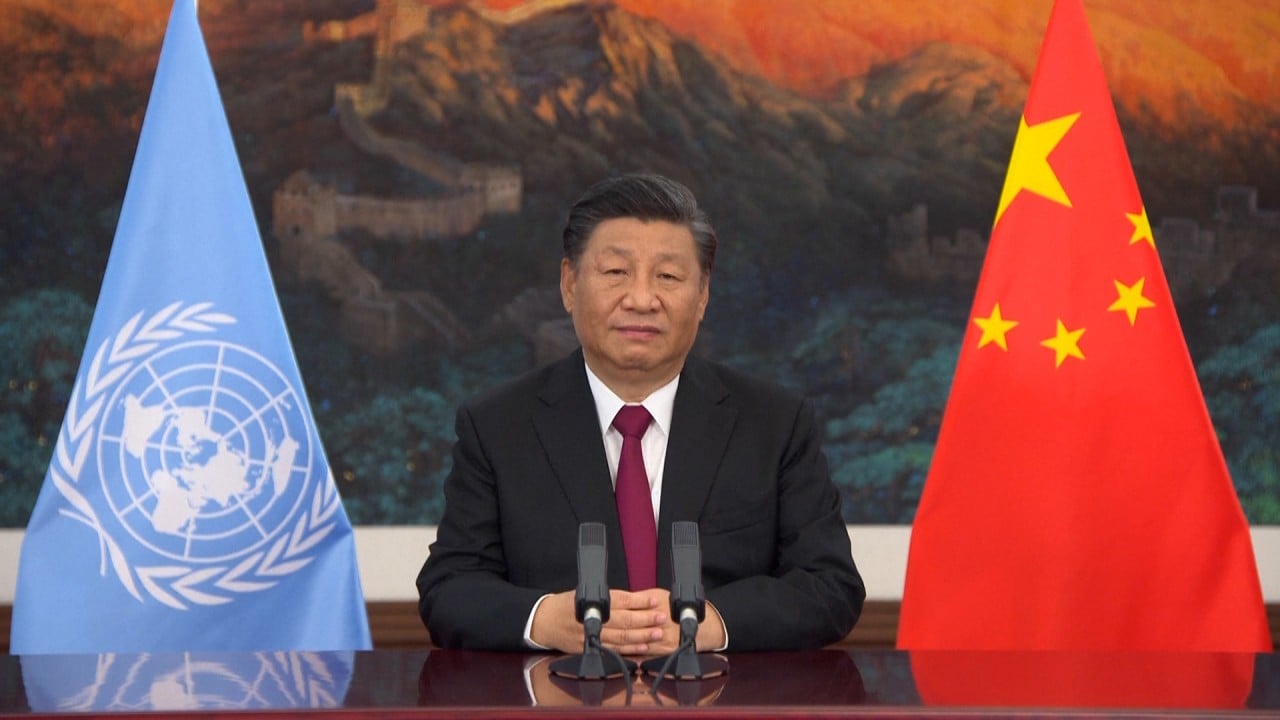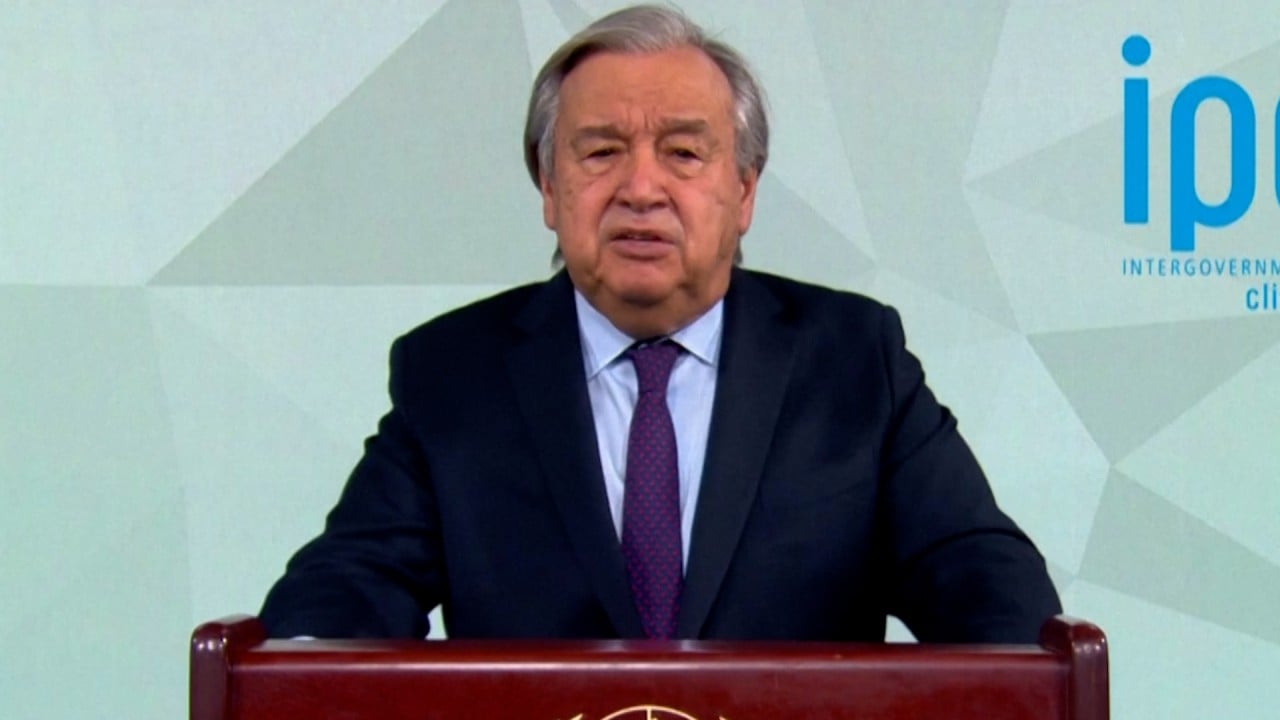
Taskforce on Nature-related Financial Disclosures releases final draft of ecological risks reporting framework, as biodiversity gains importance among investors, firms
- Fourth and final draft will provide market participants with a full representation of the core aspects of the proposed TNFD framework, global initiative’s co-chair says
- Market momentum is already moving, even while the TNFD framework is still in its draft stage: executive director
The global initiative, announced in July 2020 to enable organisations to report and act on evolving ecological risks, released the final draft of the nature-related risk management and disclosure framework on Tuesday. The framework will be launched for market adoption in September after a two-month consultation process ending on June 1.
The founding partners of the TNFD include environmental organisation Global Canopy, the United Nations Development Programme, the United Nations Environment Programme Finance Initiative and WWF, while members of the task force comprise 40 senior executives from financial institutions, companies and market service providers with combined assets of more than US$20 trillion.
“This fourth and final draft of the TNFD framework will provide market participants – for the first time – with a full representation of the core aspects of the proposed TNFD framework, including examples of additional guidance by sector and biome, and a recommended set of disclosure metrics,” David Craig, co-chair of the TNFD, said in a statement.
“This has been the culmination of a lot of work to bring a science-based approach but [also to] make the complexity of the science of nature accessible and relevant to market participants.”
The draft reveals the framework’s proposed disclosure metrics for the first time. These are separated into three tiers, based on their relevance to global policy priorities, different sectors and specific business models.
The Kunming-Montreal Global Biodiversity Framework agreed upon at COP15 also encouraged large transnational companies and financial institutions to assess, monitor and disclose biodiversity risks, impacts and dependencies.
Towngas said in its ESG report in April last year that it would avoid areas rich in biodiversity, and take mitigating measures to reduce pollution and loss of topsoil during construction.
“We’re likely to see companies that want to move quickly, or are under pressure from investors to move quickly, to start using the TNFD’s recommendations,” Tony Goldner, TNFD’s executive director, said in a media briefing on draft disclosures.
“What we’ve seen in the last 12 months is really a shift in momentum, not just from business and finance, but also from policymakers and regulators. Market momentum is already moving, even while the TNFD framework is still in draft.”
The draft framework has been viewed more than 90,000 times by market participants across more than 150 countries and territories, according to the TNFD.
Better information will allow financial institutions and companies to incorporate nature-related risks and opportunities into their decision-making processes, according to the TNFD.
“What I really want to see in how things evolve is the ecosystem, in terms of data providers, standard setters, our own investment analytical processes, and banks’ own credit analysis process,” said Mervyn Tang, head of sustainability strategy in Asia-Pacific at global asset manager Schroders. He was speaking on a panel at the Asia Securities Industry & Financial Markets Association’s Scaling up Sustainable Finance in Asia conference earlier this month.
“All of that will hopefully evolve to accommodate the TNFD analysis in a better way.”






